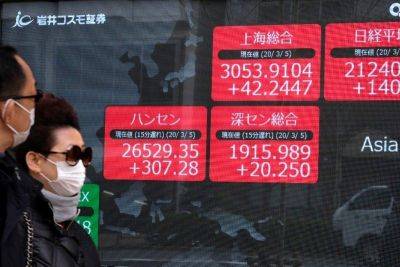Quick market takes
1. A Brown Company [BRN 0.70, down 1.4%; 65% avgVol] [link] board of directors approved an equity raise of up to P1.5 billion through the sale of a tranche of preferred shares under BRN’s shelf registration. The tranche will include 15 million preferred shares, priced at P100/share, just like the previous tranche that BRN sold two years ago in November of 2021.
MB quick take: A shelf registration is when a company gets pre-approval for a bond or preferred shares sale, where the SEC approves the overall total of all the planned fundraising activity (like here, the sale of 50,000,000 preferred shares), and the company is then free to issue the bonds or preferred shares in batches (or tranches) as it sees fit over the following three years. It reduces the overhead for BRN by allowing it to avoid having to go through the whole approvals process for each individual tranche, and it allows BRN to only begin “paying” (in dividends) for the funds raised when it needs that funding. If BRN sold the prefs all at once two years ago, they’d have been paying dividends on the whole lot regardless of whether they actually had a compelling reason to raise the money.
2. Balai ni Fruitas [BALAI 0.47, up 4.4%; 413% avgVol] [link] reported a Q3 net income of P16.3 million (+49% y/y), and a 9M net income of P41.1 million (+77% y/y), driven by both the inclusion of new stores thanks to BALAI’s store expansion program and the strong performance of BALAI’s existing stores. BALAI’s 9M revenues increased 65% to P387 million, while BALAI managed to increase its net margin from 10% to 11% over the same span. BALAI noted that inflation in the price of its raw materials was the most challenging headwind so far in 2023, but that it was able to navigate the challenge using “strategic price increases” and diversifying its supplier base.
MB quick take: BALAI isn’t an exceptionally high-margin business, so there’s only so much inflation that it can take in the cost of its inputs (like ingredients) before it absolutely must pass those costs on to consumers through price increases to stay afloat. Price increases are more of an art than a science, especially in a price-conscious marketplace like the







